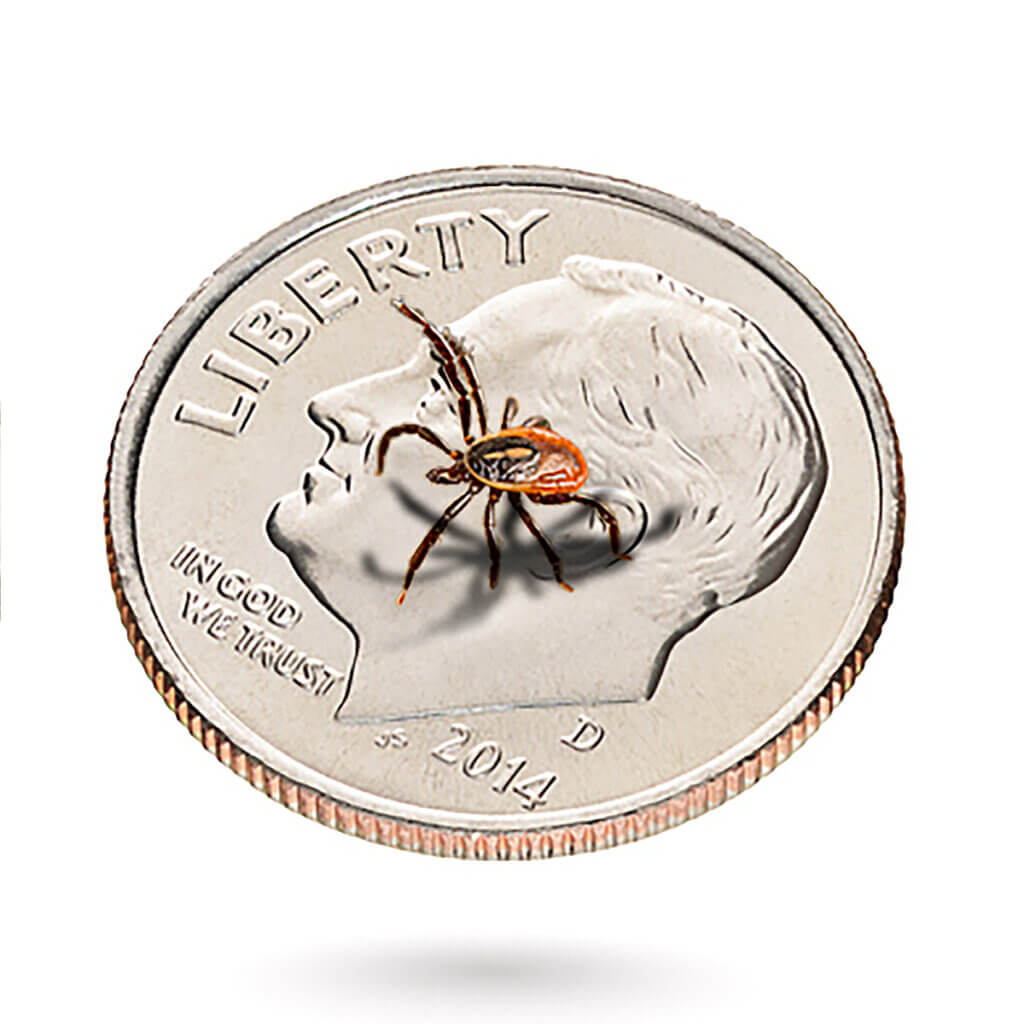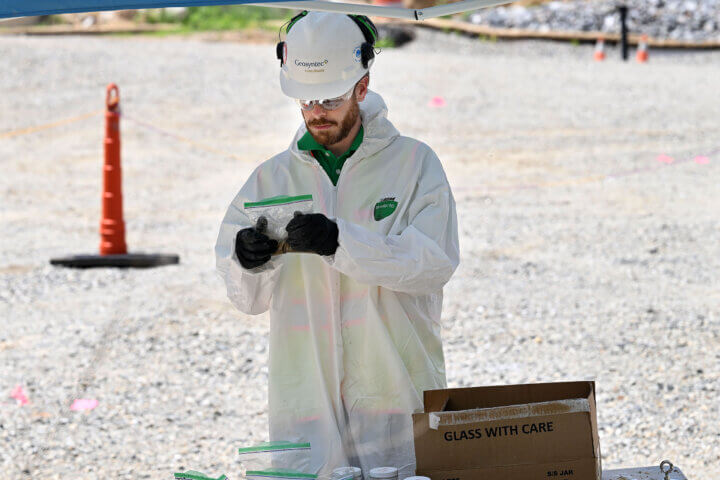By Chris Randall — Correspondent
In April, Concordian Debra Nagler suddenly began having difficulty walking.
Within days, she couldn’t even stand.
Doctors at the Emerson ER found Debra had Covid and released her. But once she got home, things quickly started going downhill.
“I had intense headaches and was hit with extreme fatigue, a stiff neck, joint pain, distorted vision, and a complete loss of balance,” she recalled. “Each day, I seemed to get hit with new and debilitating symptoms. I was getting sicker with no sense of what was causing it.”
The culprit turned out to be the size of a sesame seed.
Mystery illness
Five days after her initial visit to the ER, Debra went to see her PCP – who immediately rushed her to the Emerson ER in an ambulance. An MRI revealed encephalitis — an inflamed cerebellum. Debra’s swollen brain was wreaking havoc with her body, but doctors couldn’t figure out why she was suffering from encephalitis, which is generally not associated with Covid.
“An infectious disease doctor and a neurologist were pulled in,” said her husband, Sam.
As the doctors worked to determine a cause, Debra’s condition worsened. She became confused and had trouble communicating. Her vision deteriorated.
“She completely lost her appetite,” Sam recalled. “I had to work hard to get her to eat a single grape. Debra was surviving on IV fluids.”
Emerson Hospital’s attending infectious disease doctor, Scott Paparello, tried antiviral medications and ran a broad range of tests. He sent samples to Quest Diagnostics and the Centers for Disease Control and Prevention for analysis.
Ten days after Debra entered the hospital, a Quest-run DNA analysis showed she’d been infected with the Powassan virus, a tick-borne illness named after the Ontario town where the first case was identified in 1958.
Quick transmission, long recovery
According to the CDC, Powassan virus cases are rare. Between 2004 and 2022, just 288 have been reported in the U.S. Most occurred in the Northeast and the Great Lakes region during tick season.
Concord Public Health Director Melanie Dineen noted that last year, Massachusetts reported ten cases of Powassan virus, six of them in Middlesex County. “Powassan is unquestionably in the area,” she said. “Fortunately, physicians in Massachusetts are increasingly aware of it, and many local labs are now able to test for it.”
To support her parents during the ordeal, Debra’s and Sam’s daughter Julie dropped everything to come to Concord from South Carolina, where she lives.

“What is startling is that an infected tick can transmit the [Powassan] virus to humans in as little as 15 minutes as opposed to Lyme, where a tick needs to be attached to a host for 36 [to] 48 hours to transmit the bacteria,” Julie said.
Her mother, she said, is “quite fortunate to be having a strong recovery. There can be serious long-term complications, and the mortality rate for people like my mom who develop neurologic symptoms or encephalitis is around 10 percent!”
Being in good shape before the infection “probably saved my life,” Debra reflected.
“I am a very active person. I garden, take long woods-walks with our dog, and go horseback riding, all of which, of course, expose me to ticks. The only places I’ve been recently are Concord and Bedford, so I definitely picked up the tick locally.”

Photo illustration by Peter Farago
Debra said doctors told her the strongest window of recovery is in the three months after brain swelling subsides, so she’s hard at work trying to regain her strength.
“I spent ten days at a rehab hospital getting intense physical, occupational, and speech-language therapy, all of which I’m continuing at home. In addition, I rest a lot, hydrate, and stay active,” she said.
“I am so grateful to my doctors, friends, and family for helping me through a very difficult and frightening time.”
Reducing exposure
Dineen noted the Powassan virus is one of five diseases carried by the black-legged tick, commonly known as the deer tick. She said Powassan cases are on the rise, possibly due to increased testing and awareness of the virus.
There are also just more ticks.
“Over the past 40 years, we have seen the tick population spread from localized areas around the Cape to being prevalent throughout the Commonwealth,” Dineen said. “The increase in tick-borne illnesses is likely due to a variety of intertwined factors, such as mild winters, increases in deer and mouse populations, and increased human presence in tick-populated areas.”
She emphasized, “There are no vaccines to prevent Powassan or medicines to treat it. The best way to reduce one’s risk of infection is to avoid ticks. Prevention is the key.”
The most frequently cited ways to avoid tick bites are to use repellents, to inspect yourself carefully, and to avoid tick habitats. It’s also important to check dogs and cats, which can carry ticks indoors.
For more information on tick-borne illness and bite prevention, visit concordma.gov/3570/Tick-Borne-Illnesses; mass.gov/tick-borne-diseases; and cdc.gov/ticks.






